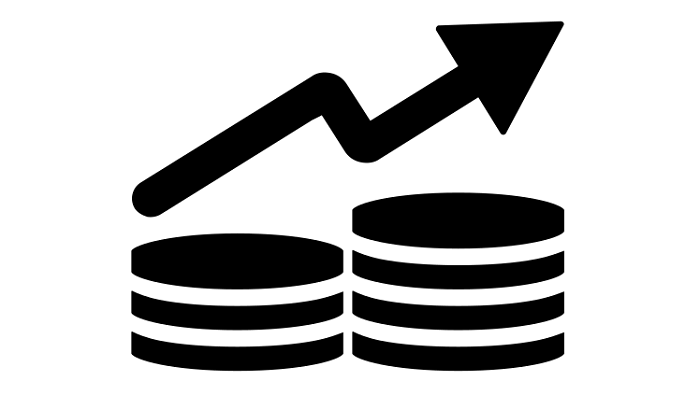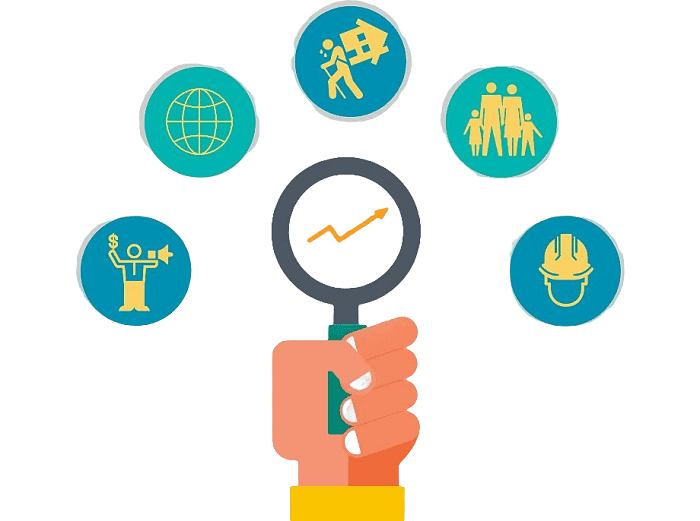Difference between Economy and EconomicsEconomy and Economics are two terms that are often used interchangeably, but they have different meanings. The economy refers to the production, consumption, and distribution of goods and services in a specific region, while economics is the study of how individuals and societies allocate resources to satisfy their wants and needs. In this article, we discuss each in brief and explore the significant differences between the two: What is the Economy?The economy is a term that encompasses all economic activities and transactions that occur within a specific region, country, or even the world. It refers to the system that governs the production, distribution, and consumption of goods and services. The economy is shaped by various factors such as government policies, global economic trends, technological advancements, cultural and social values, and natural disasters. Economic activities can be classified into different sectors, such as agriculture, industry, and services, each with its own unique characteristics and challenges. 
The economy is vital for the overall well-being of a region or country and its people, as it determines the standard of living, employment opportunities, and the ability to meet basic needs such as food, shelter, and healthcare. A healthy and thriving economy can lead to increased economic growth, improved quality of life, and the ability to invest in areas such as education, infrastructure, and research and development. On the other hand, a struggling economy can lead to high levels of unemployment, poverty, and social and political instability. Microeconomics, macroeconomics, international economics, development economics, and behavioral economics are just a few of the many subfields that make up the vast and multidisciplinary area of economic research. Economists use various tools and methods to analyze and understand the functioning of the economy and to make predictions about future economic trends. Overall, the economy is a fundamental aspect of modern society, and its study is essential for understanding the complex interactions between individuals, organizations, and institutions in the pursuit of economic growth and prosperity. What is Economics?The social science of economics examines the creation, use, and distribution of products and services. It is concerned with how people, organizations, and communities distribute limited resources to meet their certain goals and requirements. Economics is a multifaceted field that incorporates both theoretical and empirical analysis. To explain economic occurrences and forecast future economic trends, it uses a variety of models, frameworks, and theories. Economists use statistical analysis and other quantitative methods to measure and analyze economic variables such as prices, wages, and employment levels. 
There are several branches of economics, including microeconomics, macroeconomics, international economics, development economics, and behavioral economics. Although macroeconomics examines the behavior of the economy as a whole, encompassing topics like inflation, unemployment, as well as economic growth, microeconomics focuses on human behavior and decision-making within the framework of markets and sectors. International economics deals with trade and financial flows between different countries, while development economics focuses on the economic and social development of low- and middle-income countries. In order to better understand how individuals make decisions in economic circumstances, the topic of behavioral economics, which is relatively young, integrates ideas from psychology and economics. Differences: Economy vs. EconomicsHere's a table summarizing the main differences between economy and economics:
ConclusionIn conclusion, economy and economics are two related but distinct concepts. The system that controls the production, distribution and consumption of products and services in a certain area or nation is referred to as the economy. It encompasses all economic activities and transactions that take place within the region or country and is influenced by various factors such as government policies, global trends, and cultural and social values. The study of economics, on the other hand, focuses on how people and society distribute limited resources to meet their goals and requirements. It uses a variety of models, frameworks, & theories to analyze economic occurrences and forecast upcoming economic trends. While the economy is concerned with the practical functioning of economic activities, economics is a more theoretical field that provides a framework for analyzing and understanding economic phenomena. Economics can inform policy decisions and individual behavior by providing insights into the costs and benefits of different economic choices, while a healthy and thriving economy is vital for the overall well-being of a region or country and its people.
Next TopicDifference between
|
 For Videos Join Our Youtube Channel: Join Now
For Videos Join Our Youtube Channel: Join Now
Feedback
- Send your Feedback to [email protected]
Help Others, Please Share










